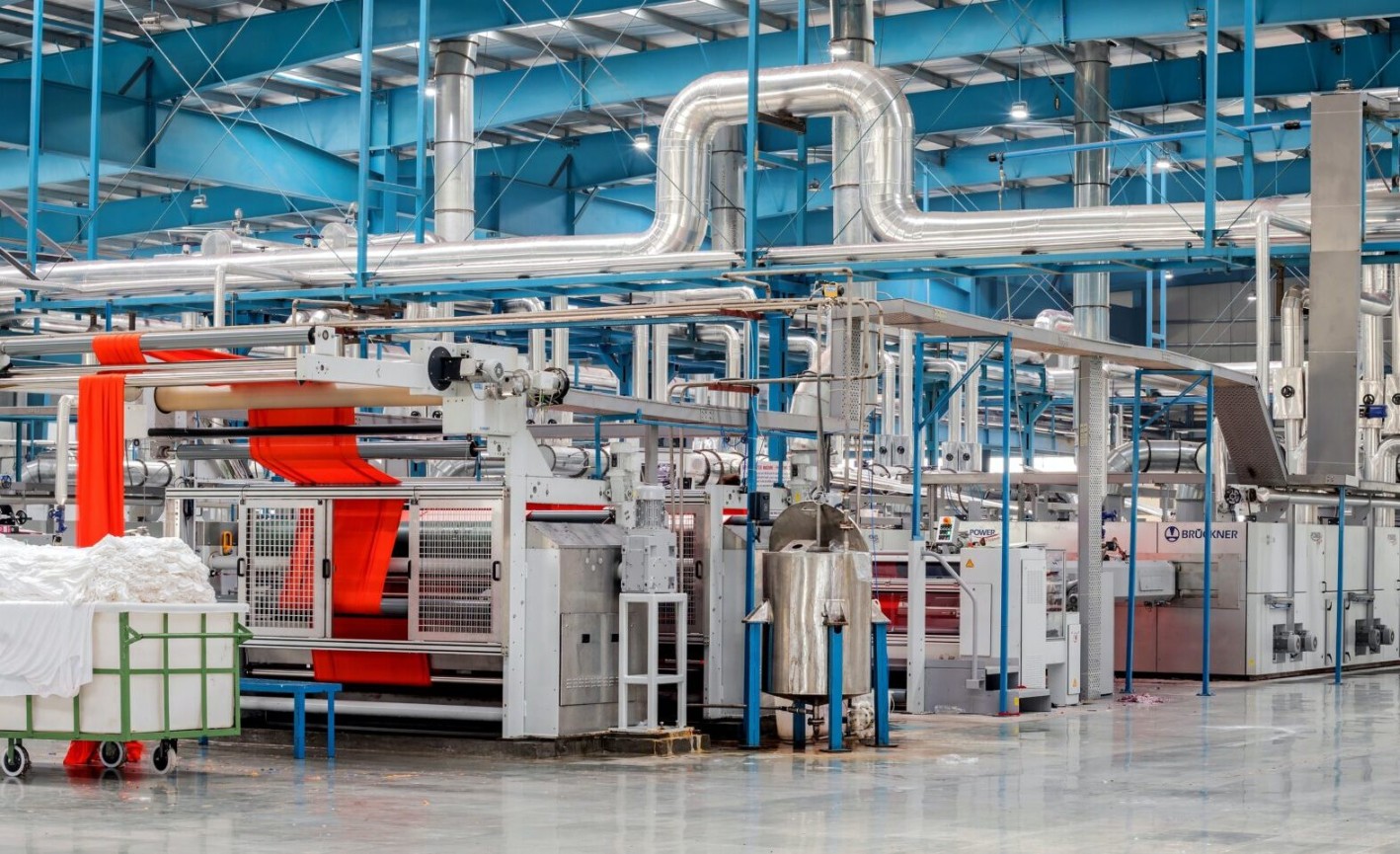Industrial Production: An In-Depth Exploration

What is Industrial Production?
Industrial production, also known as manufacturing output, refers to the economic activity dedicated to transforming raw materials into finished goods. It encompasses a wide range of industries, from heavy manufacturing of machinery and vehicles to lighter industries like textiles and food processing. Industrial production plays a pivotal role in driving economic growth, creating employment opportunities, and enhancing a nation’s standard of living.
Significance of Industrial Production
Industrial production serves as a crucial indicator of a nation’s economic health. It reflects the level of activity within the manufacturing sector, which in turn contributes significantly to a country’s overall gross domestic product (GDP). As industrial production expands, it signals increased economic output, higher employment rates, and rising consumer spending. Conversely, a decline in industrial production may suggest economic slowdown, reduced demand for goods, and potential job losses.
Understanding the Industrial Production Process
The industrial production process typically involves several stages:
1. Raw Material Acquisition: The process begins with the procurement of raw materials, which can range from natural resources like minerals and timber to intermediate inputs like processed materials and components.
2. Transformation and Manufacturing: Raw materials undergo various transformation processes, often employing machinery, tools, and specialized techniques, to create finished goods. This stage may involve shaping, assembling, and finishing products according to specific designs and quality standards.
3. Quality Control and Inspection: Throughout the manufacturing process, rigorous quality control measures are implemented to ensure that products meet the desired specifications and safety standards. This may involve testing, inspection, and certification procedures.
4. Packaging and Distribution: Once finished goods have passed quality control, they are carefully packaged to protect them during transportation and storage. They are then distributed to retailers, wholesalers, or directly to consumers through various channels.
Measuring Industrial Production
Industrial production is typically measured using indices, which track changes in output over time. These indices are often compiled by national statistical agencies and provide valuable insights into the performance of the manufacturing sector. Common industrial production indices include:
1. Manufacturing Production Index (MPI): This index measures the output of the manufacturing sector as a whole.
2. Industry-Specific Indices: Indices are also constructed for specific industries, such as automotive, aerospace, or electronics, providing a more granular view of production trends.
3. Capacity Utilization Rate: This metric measures the percentage of a nation’s industrial capacity that is currently being used. It indicates the level of efficiency and potential for further production growth.
Impact of Industrial Production on the Global Economy
Industrial production plays a critical role in the global economy, influencing various aspects of international trade and development:
1. Economic Growth: Industrial production drives economic growth by expanding the supply of goods, creating employment opportunities, and generating tax revenue for governments.
2. International Trade: Nations with strong industrial sectors often engage in active international trade, exporting manufactured goods to other countries and importing raw materials and components.
3. Technological Advancement: Industrial production fosters technological innovation as companies strive to improve efficiency, product quality, and production processes.
4. Global Supply Chains: Industrial production is highly interconnected through global supply chains, linking producers, suppliers, and consumers across borders.
Challenges and Opportunities in Industrial Production
The industrial production sector faces various challenges and opportunities in the 21st century:
1. Globalization and Competition: The rise of globalization has intensified competition among manufacturers worldwide, requiring continuous innovation and cost-efficiency measures.
2. Technological Disruption: Rapid technological advancements, such as automation and artificial intelligence, are transforming manufacturing processes, presenting both challenges and opportunities for adaptation and productivity gains.
3. Sustainability and Environmental Concerns: The environmental impact of industrial production is a growing concern, necessitating sustainable practices, resource conservation, and pollution reduction strategies.
4. Skilled Labor Shortages: Attracting and retaining skilled workers in the manufacturing sector remains a challenge, requiring investments in education, training, and competitive compensation.
Conclusion
Industrial production stands as a cornerstone of modern economies, driving economic growth, fostering innovation, and enhancing global trade. As the world navigates the challenges and opportunities of the 21st century, the ability to adapt, innovate, and embrace sustainable practices will be crucial for the continued success of the industrial production sector.
Frequently Asked Questions (FAQs)
Industrial production encompasses a wide range of industries, including:



